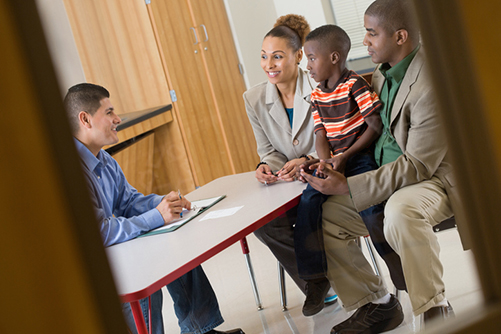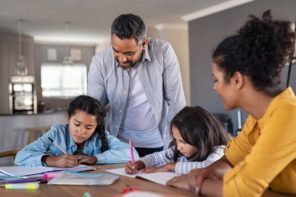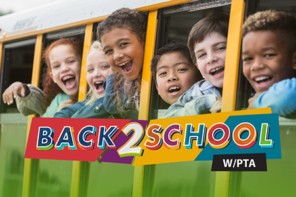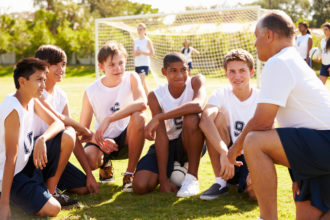Kids are back in school. You went to back-to-school night. Now it’s time for the first parent-teacher conference of the school year. Instead of bracing for an uncomfortable conversation, embrace these meetings as a great opportunity to begin a relationship with your child’s teacher(s) and gain valuable information to best support your child.
Why it’s Important to Make the Most of it
Being involved in your child’s education—like attending parent-teacher conferences—can promote academic and social success for your child at all grade levels.
During the school year, teachers use many methods to measure the abilities and knowledge of their students. These can include classroom observations, evaluating their day-to-day classwork, grading assignments and classroom tests/quizzes, and tracking how they grow throughout the year.
Teachers use some of their findings to shape their teaching throughout each day. They also use the information to determine how well students learn. You can ask your child’s teacher questions based on this to help track your child’s progress.
High-quality assessments can provide important information to parents, students and teachers about the achievement and growth of their students. As parents of public school students, we encourage you to be proactive in discussing your child’s assessment data with their teachers.
Use your parent-teacher conferences to gain as much information as possible to enrich learning opportunities for their kids.
What You Can Do During the Parent-Teacher Conference
- Talk to your child’s teacher(s) about what types of assessment are used throughout the year.
- Ask the teacher for an overview of your child’s strengths and areas for growth.
- If there are areas in which your child is struggling, ask for recommendations for activities and websites that best suit their interests and needs.
- Ask your the teacher about opportunities to build on your child’s strengths through additional activities.
Supplemental Activities to Do at Home
In addition to the suggestions from your child’s teacher, you can find many different ways of supporting your child’s learning outside of school. Find ways of engaging in activities that foster interest and engagement while also promoting learning. For example:
- If science is a challenge, visiting a science museum or participating in maker space days might spark greater engagement and enthusiasm. If your child is interested in something at the museum, let them explore the topic through reading books, the internet—or designing their own experiments.
- Play communications games (e.g., Scrabble, Bananagrams, etc.) which involve words and explaining what they mean and practice day-to-day reading and writing—simple activities such as following a recipe or writing a note.
- Read with your child and encourage them to read for pleasure. When choosing books, identify your children’s reading levels and when you visit the local library, encourage your children to select some books around their reading level. Rather than discouraging children from choosing books well above their reading level, use those books for reading aloud. Biblionasium and Scholastic have additional tips for parents on how to understand and make use of reading levels, and the American Library Association is a good resource for book recommendations.
- Bedtime math is an educational app that provides fun problems for children to work on. Using this app significantly improves student math performance.
Dr. Beth Tarasawa is the Manager for Education Research Partnerships at NWEA, a nonprofit that creates assessment solutions that measure growth and proficiency—and provide insights to help tailor instruction. Dr. Amelia Wenk Gotwals is an Associate Professor of Science Education in the Department of Teacher Education at Michigan State University. Cara Jackson is the Assistant Director of Research and Evaluation at the Urban Teacher Center. They are all members of the NWEA National Task Force on Assessment Education.





